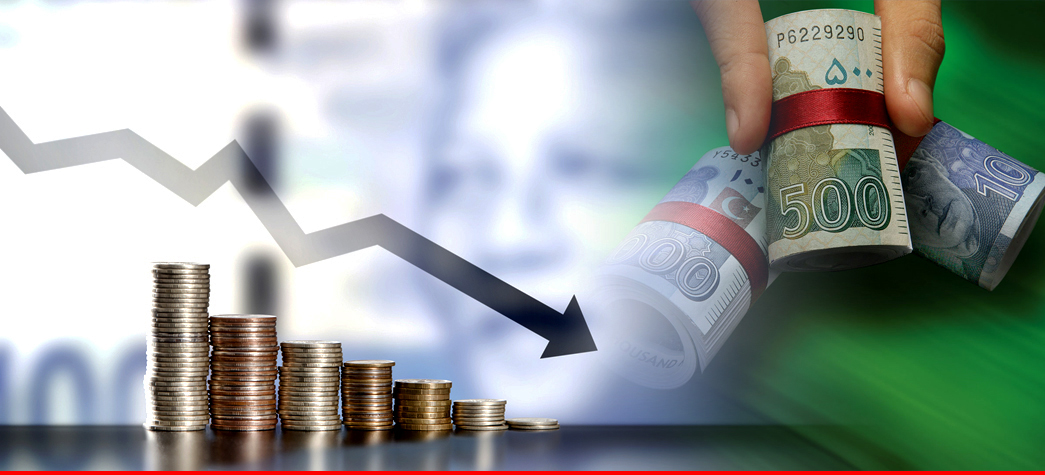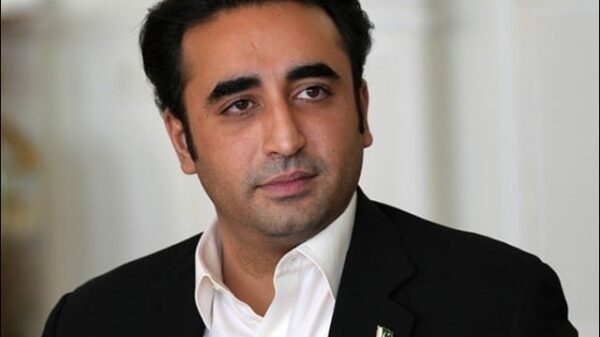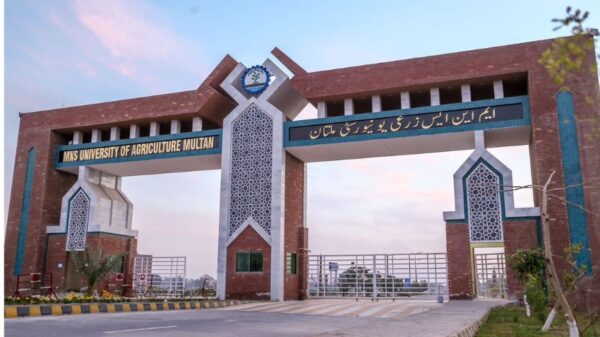Prime Minister Imran Khan’s Pakistan Tehreek-e-Insaf (PTI) had promised to reduce the electricity tariff, resolve the power crisis, and settle the circular debt issue. However, three years into the PTI rule, the power tariff has soared into the stratosphere, circular debt has doubled, and power outages have returned.
Systemic inefficiencies have resulted in increase of the power tariff, pushing up the cost of production and overburdening the people. The monthly increase in power tariff and petroleum products prices have further impacted the industry and the people.
The blackouts a decade back were inflicting losses equal to 3 percent of the GDP per annum, and the sky-high power tariff now is guesstimated to cause a similar loss to the economy, said an official source.
For instance, the steel industry uses massive electricity for its operations. The increase in power tariff has pushed up the steel prices from PKR 70,000 per tons to PKR 170,000 per ton. The increase in steel prices has negatively impacted the government’s pet construction industry project.
For instance, the steel industry uses massive electricity for its operations. The increase in power tariff has pushed up the steel prices from PKR 70,000 per tons to PKR 170,000 per ton. The increase in steel prices has negatively impacted the government’s pet construction industry project.
The PTI government is under immense pressure from the international financial institutions to implement its agreed increase in the power tariff. The government had agreed to increase the base tariff by about PKR 5.65 per unit in a cascading manner within three years to generate an additional PKR 900 billion.
The power tariff was increased by about PKR 2 per unit after signing the USD 6-billion loan agreement with the
International Monetary Fund (IMF). However, the government backtracked on its commitment after realising that the increase in base tariff and monthly fuel adjustment and quarterly adjust- ments have resulted in doubling the burden on the consumers.
The power tariff was to be increased by another PKR 1.40 per unit in April this year. However, the government backtracked after noting that the monthly fuel price adjustment was also burdening the consumer with an increase of PKR 1 to 1.50 per unit. This is a double whammy. Increase in power tariff also leads to doubling the electrici- ty losses and non-recovery.
The government has already jacked up the base tariff by PKR 3.34 per unit, sending it from PKR 13.35 per unit to PKR 16.69 per unit. What is more, the tariff is likely to go up to PKR 21 per unit by July 2022. Meanwhile, the increase in petroleum prices and LNG in the international market led to an increase in monthly fuel adjustments.
This commitment was made under the government conceived Circular Debt Management Plan, and its implementa- tion is linked with the continuous financial support for power sector from World Bank and Asian Development Bank.
The government is now under immense pressure from the IFIs to deliver on its commitments to continue receiving assistance for different projects. Fulfill- ing the commitment will further burden the people, which is not politically feasible with the approaching general elections.
The five major export-oriented indus- tries were protected from the planned hike in power tariff by providing them fixed energy tariff. It was done to provide them power tariff with regional comparable countries to keep them competitive internationally. These sectors will be provided a tariff subsidy of PKR 68 billion this financial year.
The power subsidy provided to export industries is leading to demands from other sectors to provide them with similar power tariff. Cement and steel industries want a reduced tariff to decrease their product prices to help boost the construction industry.
According to experts, this government too, like the previous ones, had only paid lip service to improving the energy sector.
A few oil and gas exploration blocks were awarded only to the cartel of state owned companies, who have a poor track record in new discoveries over the last two decades. This means that there are no chances of any major new discovery during the next one decade.
The state-controlled power companies, GENCOs and DISCOs will continue to bleed under the non-professional management in cahoots with the mandarins in the line ministries. The companies have manual financial system, obsolete accounting formats and highly ill-equipped staff.
Ironing out these administrative issues does not require foreign qualified experts. But it is also a fact that GENCOs and DISCOs will not improve until millions of dollars in foreign funding are forked out by the IFIs for administrative reform programmes. Who benefits by strapping Pakistan with further debt is anybody’s guess.










